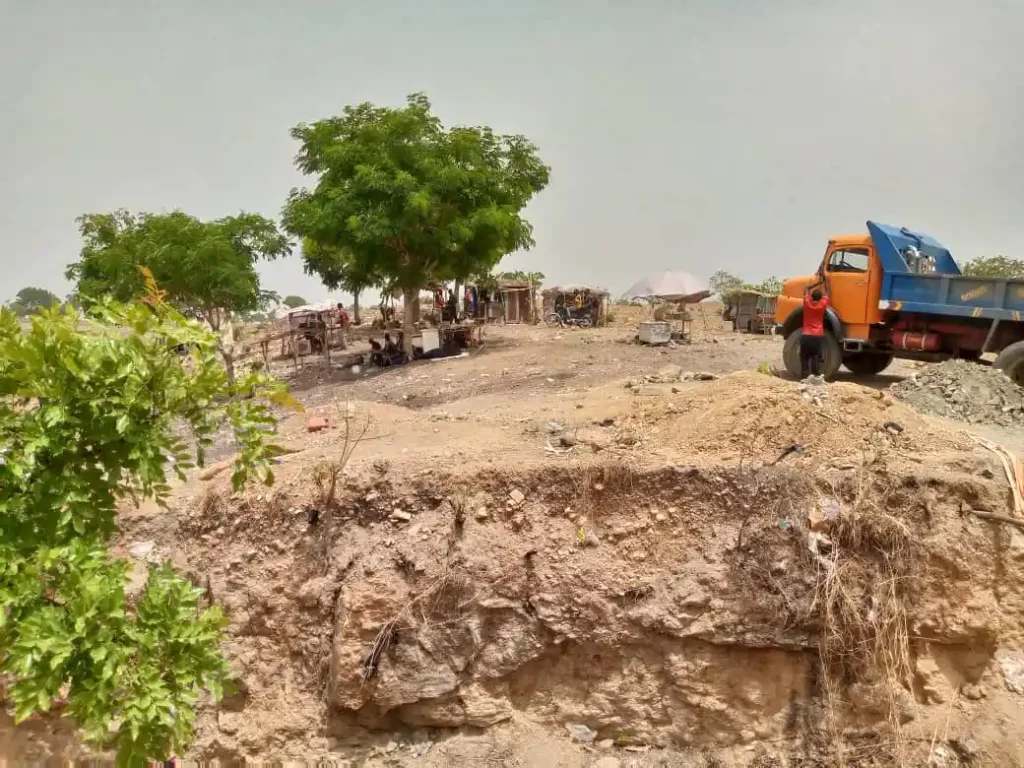Exploring the growth of the mining sector will usher in Economic development and see the end to what is now the predicted dwindling boom of the oil gas sector. The Nigerian government has made several efforts to ensure that the mining sector reaches its peak and propels the Nations Economic development plans. If this is achieved there would be a leap in Nigeria’s GDP growth and development but also an adverse growth of the Environmental issues in the country.
In many nations, the primary driver of the national economy is the extraction of mineral resources. The effects of these exploitation activities, such as abandoned sites, biodiversity loss, and the usage of chemicals that pose health concerns to communities and mine workers, etc., need to be urgently addressed. Adopting best practices and minimising waste should receive more attention, and laws enforcing these changes are needed. The results of the studies conducted indicated that the mining of coal and tin had significant negative effects on the ecosystem.

According to an article on environmental impact of coal mining It was clear that the Plateau’s topography is home to several hazardous mining ponds that have harmed the environment and contaminated both people and animals.
Deforestation had a significant negative influence on the natural environment, and the mine sites became more vulnerable to erosion as a result of the absence of vegetation. In the mine sites, there were numerous abandoned mine ponds and mine spoils. Tin byproducts that were disposed of as waste and put in tailing ponds or abandoned in closed mines were the cause of the contamination in the mining area. Best practices have not been used at many of the mine sites in the Jos Plateau; nevertheless, in certain instances, some remediation has been completed.
In Nigeria’s quest for Economic Development the government and relevant stake holders should ensure that good mining practices and enforcement of the Law are taken into consideration to ensure that there is a safe environment for the continuance of mining practices. To mitigate the negative effects of mining, it is imperative to adopt sustainable mining practices, including after use including proper waste management, land reclamation, and water treatment. Investing in environmental impact assessments and monitoring is crucial to identify potential risks and implement preventive measures. Moreover, promoting community engagement and providing alternative livelihoods for mining-dependent communities can help to minimise social and environmental impacts. A balance between economic growth and environmental protection would ensure that mineral resources are exploited responsibly for the benefit of present and future generations.

